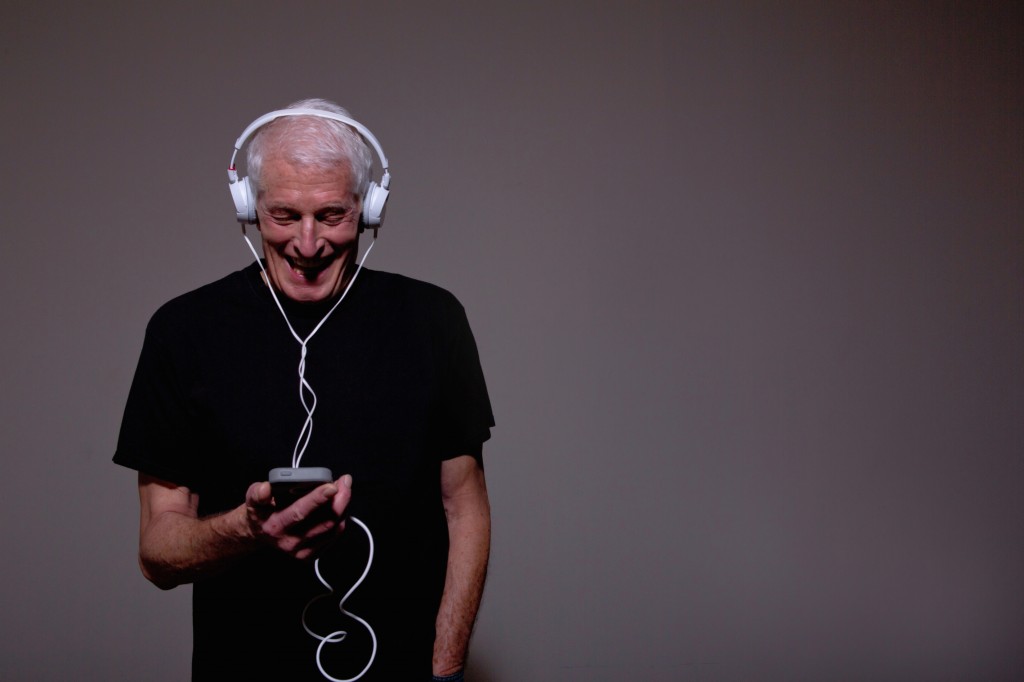Budget-friendly entertainment ideas for retirees
Retirement can be expensive if you insist on luxury vehicles and frequent exotic locations. Truth is, cultural activities have never been more affordable.
Advertisement
Retirement can be expensive if you insist on luxury vehicles and frequent exotic locations. Truth is, cultural activities have never been more affordable.

Share this article Share on Facebook Share on Twitter Share on Linkedin Share on Reddit Share on Email